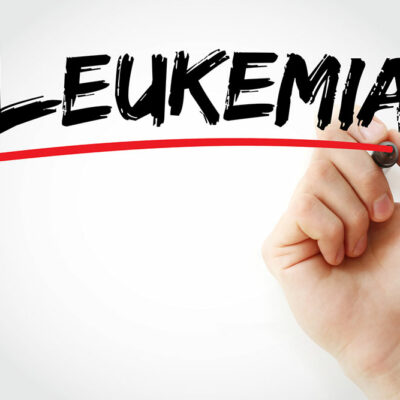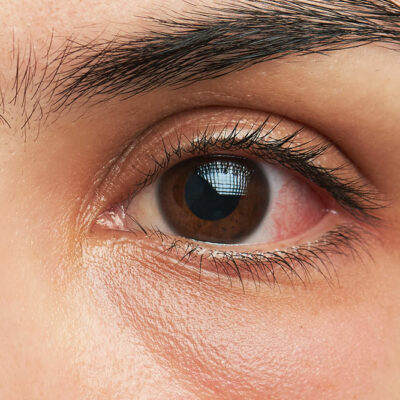
Common causes of low libido in men
Low libido is a term used when a person faces a decreased sex drive. This can be due to medical conditions or due to psychological or emotional issues too. This type of sexual dysfunction can occur in both men and women. In the case of men, it has been associated with low levels of testosterone levels usually. A look at the causes of low libido can help you consult a doctor early on, once you notice the symptoms. This can pave the way for effective treatment.
Low testosterone
Low testosterone (hypogonadism) usually occurs as a person ages, however, it can also occur in younger men for many reasons. Testosterone is the hormone found in males which is required in development, strength, and sex drive. If the testosterone level goes below the range of 300 to 350 nanogram/deciliter (ng/dL), the male libido can come down.
While testosterone replacement treatment might be valuable in getting back the male sexual drive, it might cause blood clots and strokes. Sleep apnea, skin inflammation, and gynecomastia are other common reactions.
Drugs and medications
Consumption of specific types of medicines is a common reason for low libido in men. Common medicines which can affect sex drive are statins, antidepressants, beta-blockers, benzodiazepines, and anticonvulsants.
Even over-the-counter medications like cimetidine can cause issues whenever taken for an extended period of time. Stopping the consumption or changing the types of medication may make things better; however, this isn’t always possible with certain medicines.
Depressed mindset
Depression and low libido are interdependent. Depression or lack of energy is frequently the reason for a decreased sex drive however may also be the result, making the cycle even worse.
While undergoing a psycho-therapy session might be successful in treating the depression, stimulant medicines usually affect adversely instead of fighting the low libido state. Changing medications or decreasing the dosage can once in a while help.
Severe and chronic illness
A long-term disease can inflict significant damage on the sex drive both physically and mentally. This is especially observed in medical conditions where there is chronic pain or fatigue, just like rheumatoid joint pain, and malignancy.
When it comes to chronic medical conditions and low libido, there is hardly any straight and clear line which can separate the cause and treatment. From one perspective, the chronic medical condition is related to a higher risk of depression, while, on the other, it can meddle with hormonal, and neurological capacities vital to the male sex drive.
In addition, the medicines used to treat chronic medical conditions may specifically hinder the male libido. All things considered, the doctor needs to investigate the reason both from the perspective of the chronic illness and independent of the disease.
Stress and sleep disorders
While stress, a restless mind and lack of sleep can hamper sexual interest and excitement by creating distractions and fatigue, its impact on the sex drive is significant. Stress triggers the formation of cortisol, a hormone that operates like a body’s alerting system. Cortisol doesn’t just lead to the narrowing of veins and reduced blood supply to the penis but also leads to erectile dysfunction. It can also lead to a steep drop in testosterone. Treatment may include stress management therapy and improved sleep hygiene.


